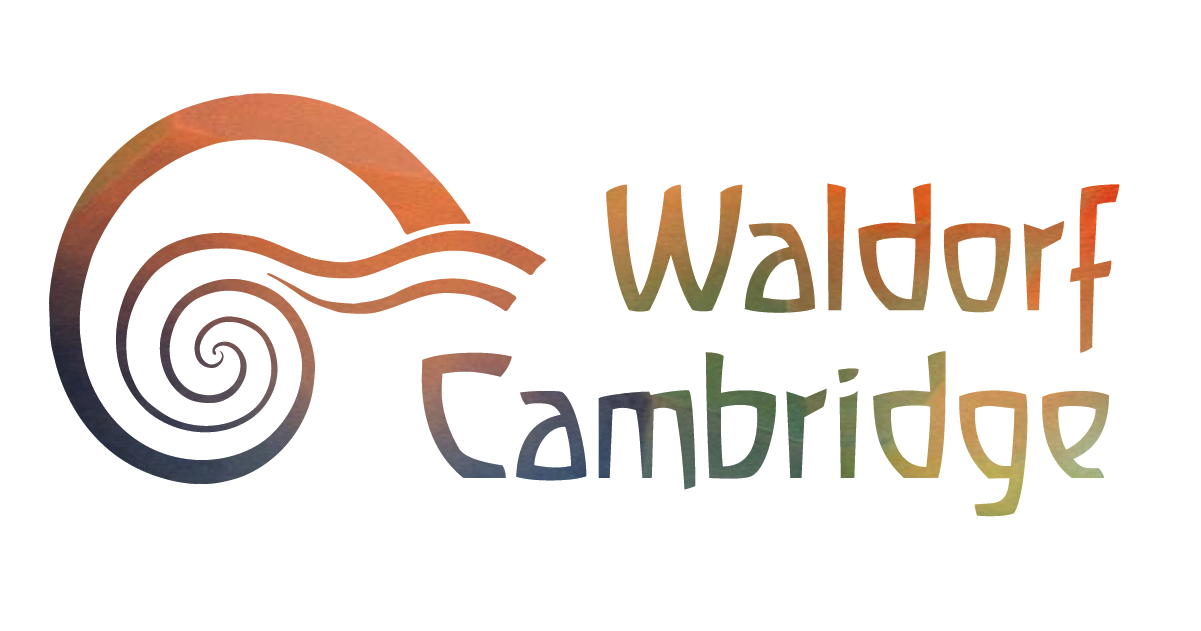Numeracy
Introduction
Developed by early cultures, mathematics is one of the oldest forms of human knowledge. It is a cultural tool that can be used to measure, quantify, calculate, compute and express complex relationships, and it is the basis of many sciences and most technology. Though terminology and some procedures vary culturally, the underlying principles in mathematics are universal. It is a way of thinking about the world that is innate in its elemental forms (e.g. unity, duality, parts of wholes and simple numbers) but, as a cultural technique, is only learnt by most people through instruction. The link between the abstract symbols that are learnt and the processes they represent requires focused mental activity and reasoning, and because of its abstract nature, maths has to be carefully taught so that all children can grasp mathematical concepts and master mathematical processes. Steiner Waldorf education always proceeds carefully, from the whole to the parts and from the tangible to the abstract so that all learners can follow the transitions. Mathematics is first experienced in concrete, practical ways through real-world activities. Then the relationships between quantities and their abstract numerical values and relationships (e.g. number bonds, time tables) are explored. Though maths is a way of thinking in itself, in the Waldorf curriculum it is always applied and practiced in relation to real questions of calculation in a wide range of fields from technology and crafts, dealing with money and economics as well as engineering and architecture. Maths is also a process that schools the imagination and flexibility of thinking through creative problem solving, but simultaneously exercises the will in seeing processes through their logical and necessary sequences.
Maths: Purpose of Study
Mathematics is a way of understanding the world. It is a creative discipline with many applications, that has been developed over many centuries through exchange across many different cultures. It is essential to everyday life, critical to science, technology and engineering, and necessary for financial literacy and most forms of employment. A high-quality mathematics education therefore provides a foundation for understanding the world, the ability to reason mathematically, an appreciation of the beauty and power of mathematics, and a sense of enjoyment and curiosity about the subject.
Maths: Aims
The Waldorf curriculum for mathematics aims to ensure that all pupils:
- are skilled in the fundamentals of mathematics, applying their knowledge purposefully in a range of developmentally appropriate tasks
- develop conceptual understanding progressing from the concrete to the abstract, the simple to the complex, the whole to the parts and back again
- use their mathematical skills to solve increasingly complex problems over time through frequent and varied practice, and using a range of appropriate strategies
- reason mathematically by following a line of enquiry, discovering relationships and framing generalisations, developing an argument, justifying and proving using mathematical language
Long Term Curriculum Intents
Language and communication
- Using a wide mathematical vocabulary effectively, accurately and precisely
- Fluency in reading, writing and understanding mathematical symbols and formulae
- Representing and interpreting data in different forms and formats
- Representing, explaining and illustrating mathematical thinking and processes
Health and well-being
- Enjoyment of problem creation and solution
Senses
- Seeing the same thing in different ways, seeing from different perspectives Imagination and play
- Having internal and mental models of numbers, shape, space and measure that support mathematical thinking
- Translating between abstract mathematical mental models and real life experiences or examples
Empathy
- Understanding the thinking, methods and routes to solutions of other people
Aesthetics
- Finding and appreciating elegant solutions to mathematical problems
- Appreciation of beauty in mathematical forms in the abstract, in nature and in man-made forms Inquiry
- Explore patterns and not-patterns
- Explore mathematical ideas and experiment with different ways of finding solutions
- Being able to break down problems into small steps, and extract key information (decomposition and abstraction)
- Explore and experiment with shape, space and construction
Democratic participation and society
- Understanding the power of data and statistics in shaping and influencing political views
- Understanding how data and statistics can be used to manipulate people's political thinking
Lifelong learning
- Application of knowledge and skills in personal and professional life, e.g. mortages, economics, personal/business accounts etc
- An understanding of mathematics and binary code as the basis of computer coding and programming
- Understanding the mathematical processes that calculators and computers are applied to
Future thinking
- Use mathematical thinking and interpretation of data to better understand risks to people and the world, and to imagine mitigations and solutions to these issues
Holistic thinking / Spirituality
- Appreciating the role of maths in spiritual experience, e.g. sacred geometry
- Using maths as a powerful language which can create connections with others across time and space
Judgement
- Forming judgements based on own understanding of data and statistics
- Evaluating routes to a solution, premise or theory
